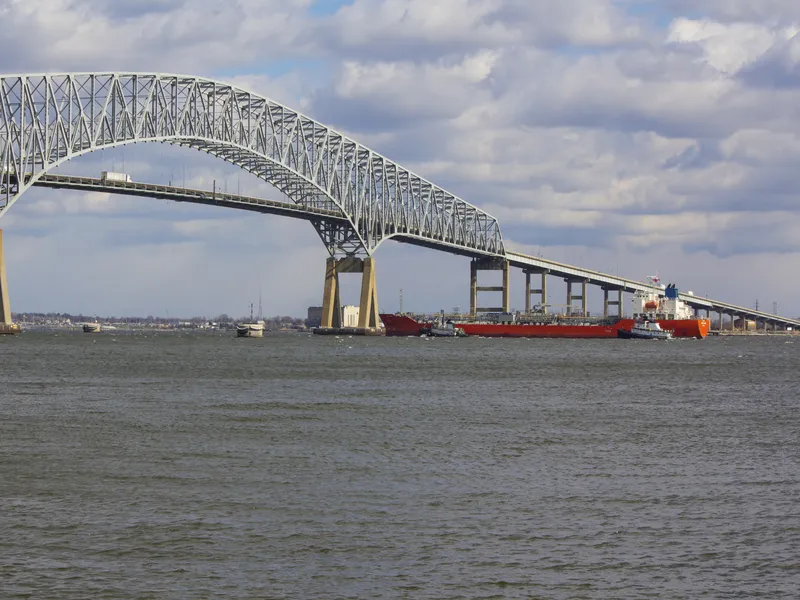A new study, Interstate 2.0: Modernising the Interstate Highway System via Toll Finance, by US public policy think tank, the Reason Foundation, details how much it will cost to reconstruct and widen Interstate highways in all 50 states and shows how to pay for the modernisation efforts with toll revenues.
It makes the case for lifting the federal prohibition on tolling existing lanes of the Interstate highway system and states: “…as the reality of the cost of Interstate reconstruction and modernisation s
September 13, 2013
Read time: 2 mins
RSSA new study, Interstate 2.0: Modernising the Interstate Highway System via Toll Finance, by US public policy think tank, the Reason Foundation, details how much it will cost to reconstruct and widen Interstate highways in all 50 states and shows how to pay for the modernisation efforts with toll revenues.
It makes the case for lifting the federal prohibition on tolling existing lanes of the Interstate highway system and states: “…as the reality of the cost of Interstate reconstruction and modernisation sinks in at the legislative level, and the low cost and convenience of all-electronic toll collection becomes better understood, elected officials may catch up with public sentiment that is already receptive to tolling as better than (or less bad than) increases in transportation taxes to pay for major new investments in highway infrastructure.”
The report goes on, “The one thing states need from Congress in the next reauthorization is permission for all states to use toll financing for the specific purpose of replacing worn-out Interstate pavement and bridges with new and better ones.”
Speaking at the release of the report Patrick D Jones, executive director and CEO of the International Bridge, Tunnel and Turnpike Association (63 IBTTA) applauded the report calling it “a serious effort to examine the costs of reconstructing and widening our 50 year old Interstate highway system using all-electronic tolling.”
“When the Interstate highway system was first being built in the 1950s, the emphasis was on paying to get it built, creating an interconnected national system and creating immediate jobs and economic growth. The Highway Trust Fund is one valuable tool to maintain roadways, bridges, and tunnels, but it is not funded at a level needed to address the rebuilding of our Interstate system. The recommendations outlined in the Reason Foundation report are critical to helping bridge the huge funding gap to fund our nation’s transportation infrastructure. Tolling is one proven funding option to address this huge gap,” Jones said at the press conference.
It makes the case for lifting the federal prohibition on tolling existing lanes of the Interstate highway system and states: “…as the reality of the cost of Interstate reconstruction and modernisation sinks in at the legislative level, and the low cost and convenience of all-electronic toll collection becomes better understood, elected officials may catch up with public sentiment that is already receptive to tolling as better than (or less bad than) increases in transportation taxes to pay for major new investments in highway infrastructure.”
The report goes on, “The one thing states need from Congress in the next reauthorization is permission for all states to use toll financing for the specific purpose of replacing worn-out Interstate pavement and bridges with new and better ones.”
Speaking at the release of the report Patrick D Jones, executive director and CEO of the International Bridge, Tunnel and Turnpike Association (
“When the Interstate highway system was first being built in the 1950s, the emphasis was on paying to get it built, creating an interconnected national system and creating immediate jobs and economic growth. The Highway Trust Fund is one valuable tool to maintain roadways, bridges, and tunnels, but it is not funded at a level needed to address the rebuilding of our Interstate system. The recommendations outlined in the Reason Foundation report are critical to helping bridge the huge funding gap to fund our nation’s transportation infrastructure. Tolling is one proven funding option to address this huge gap,” Jones said at the press conference.







